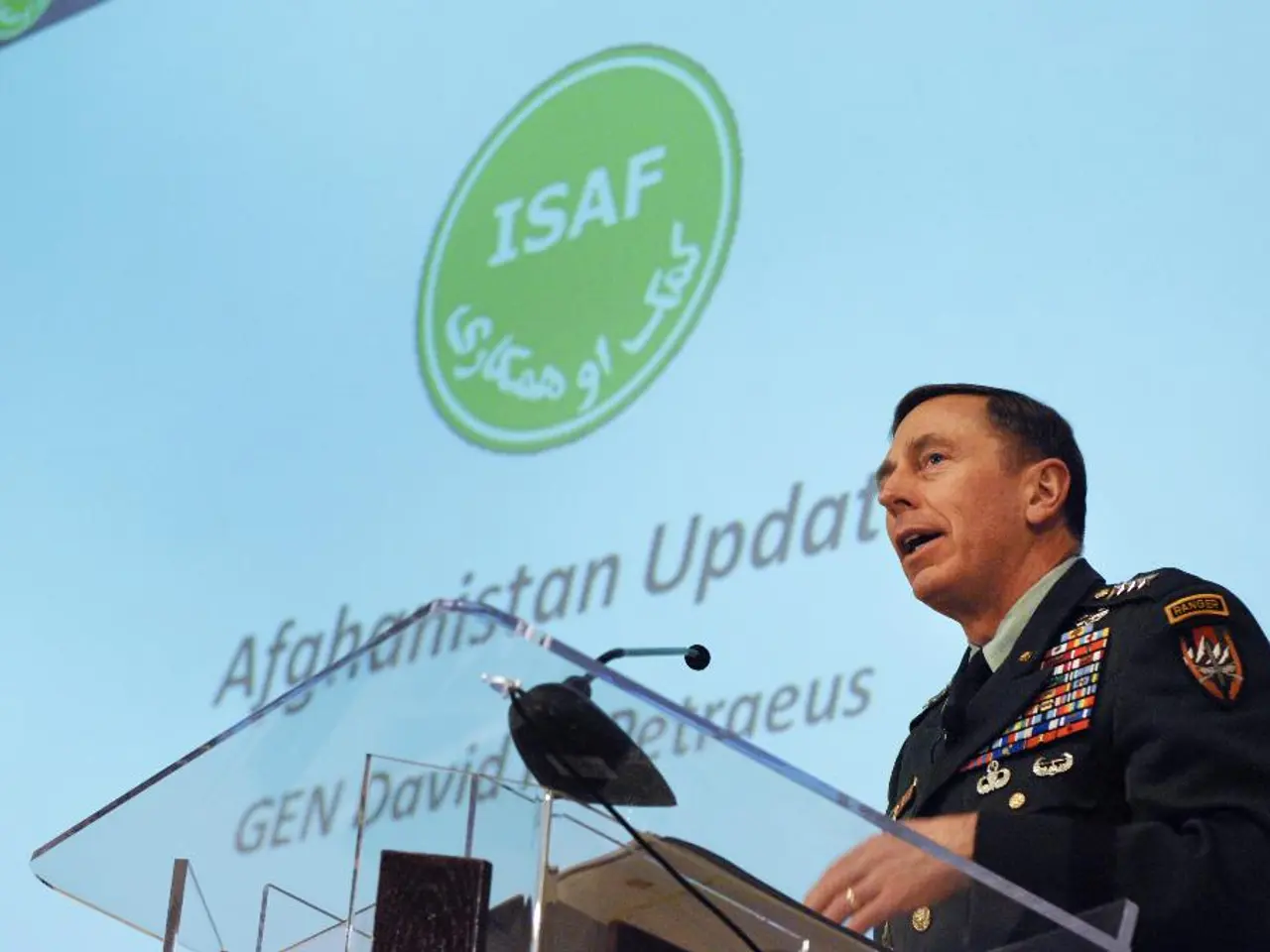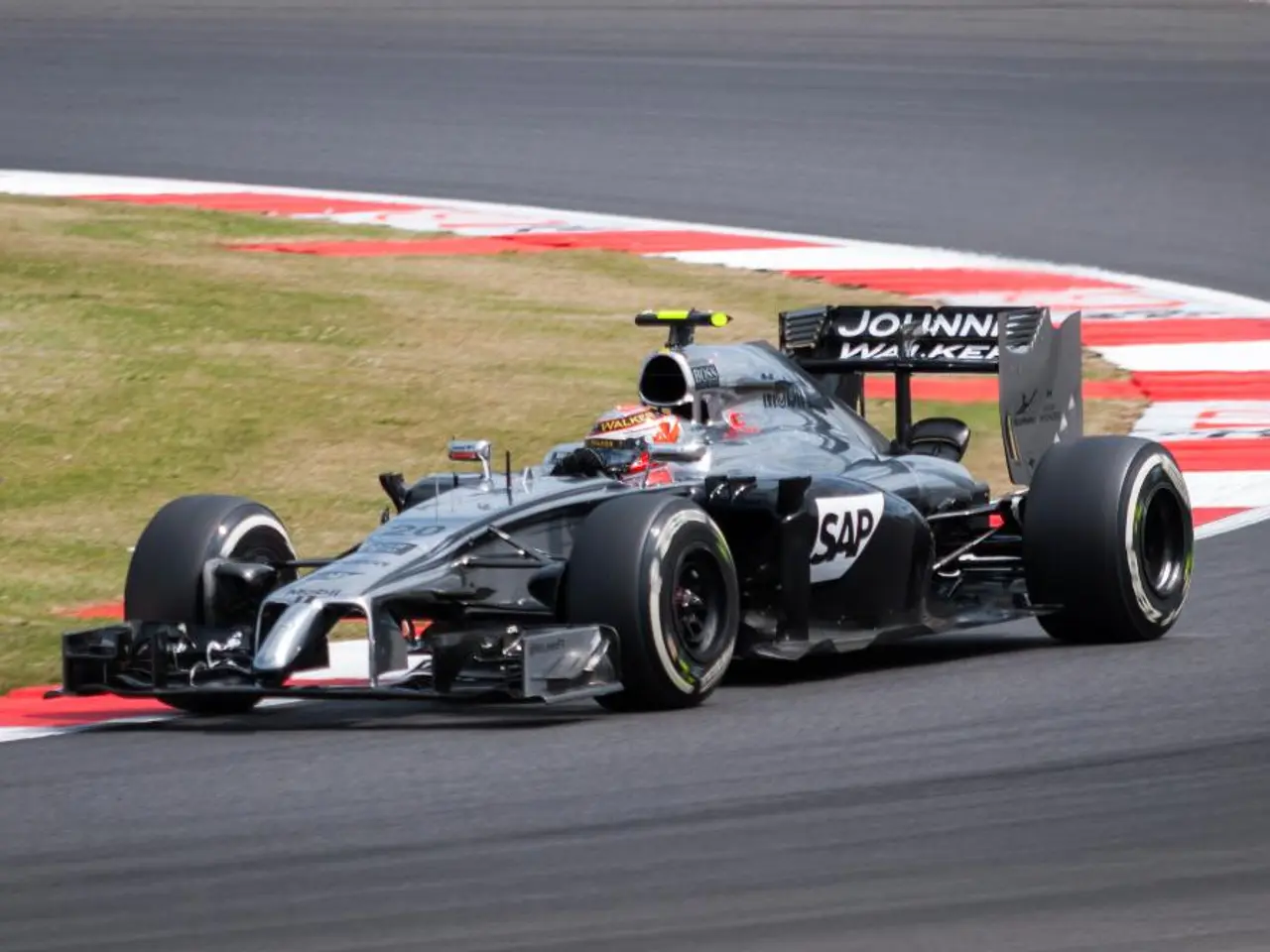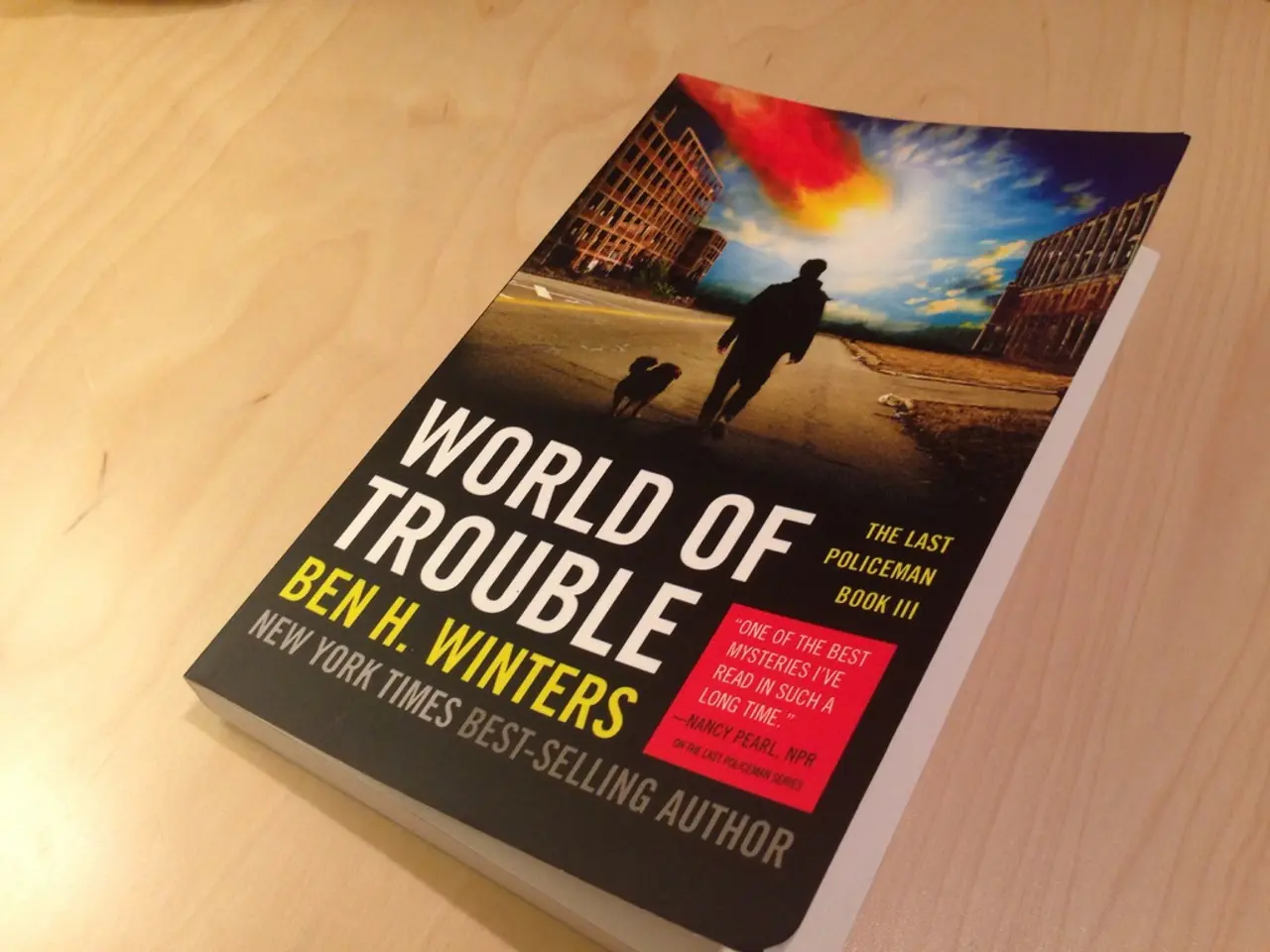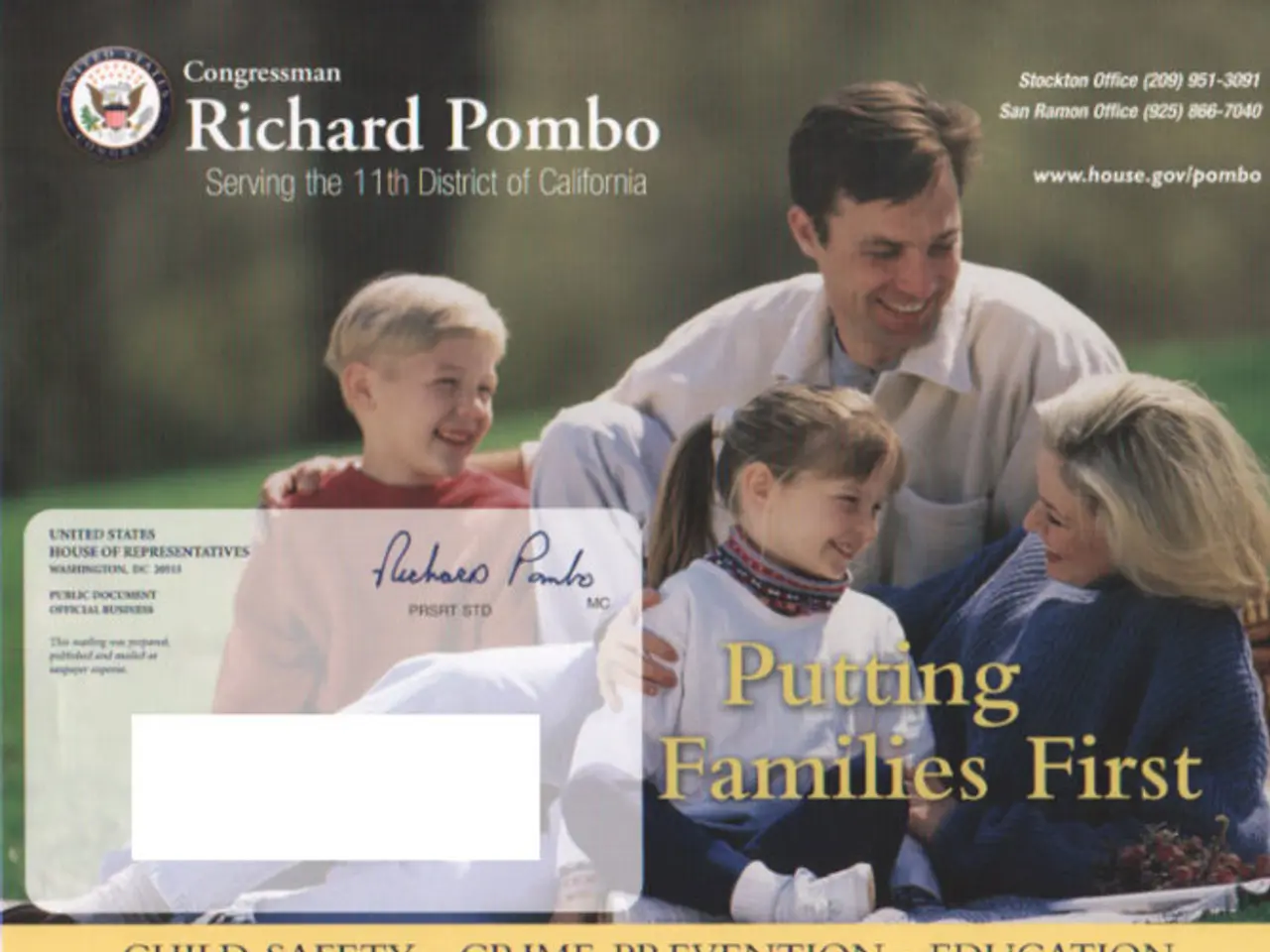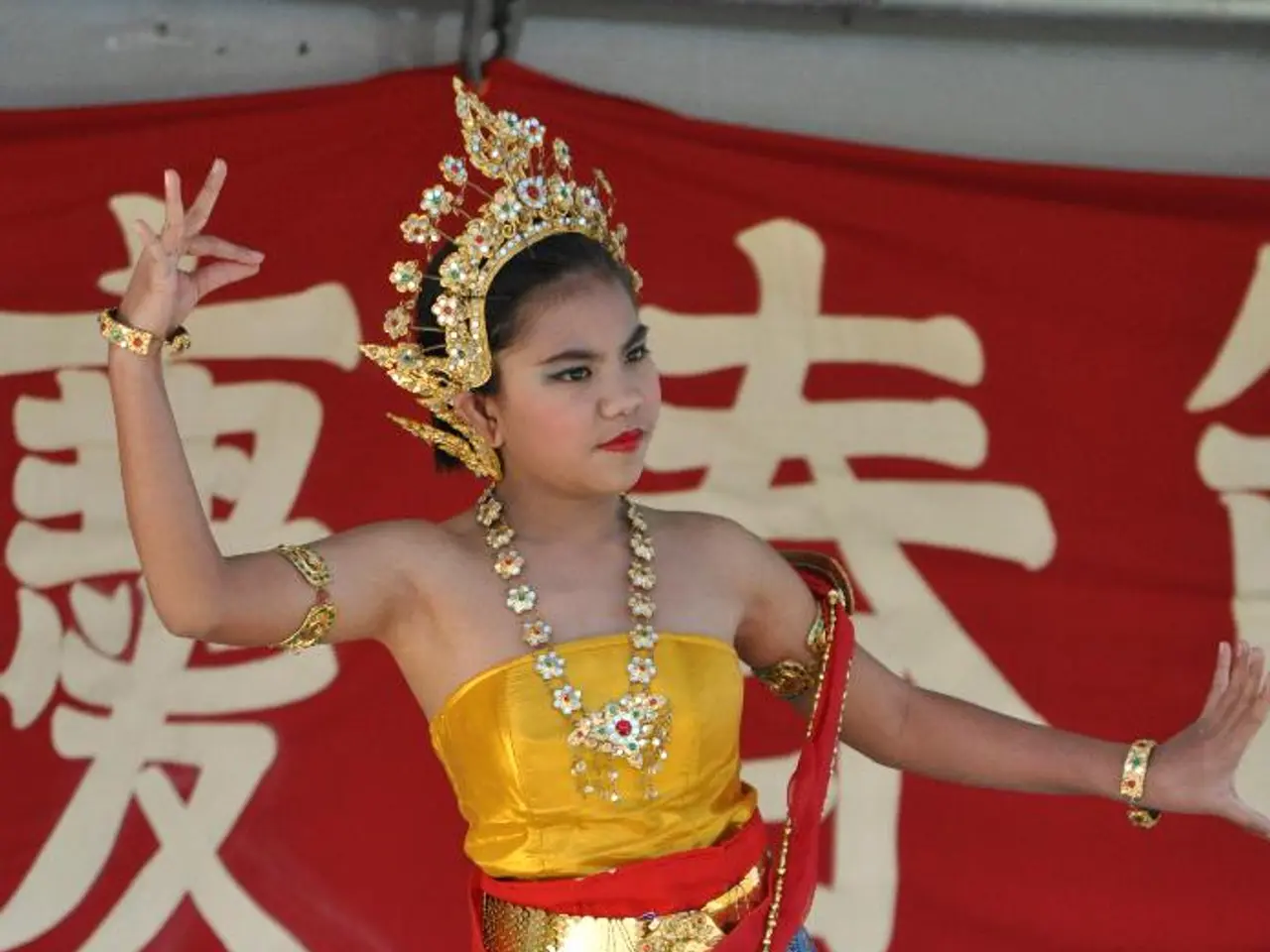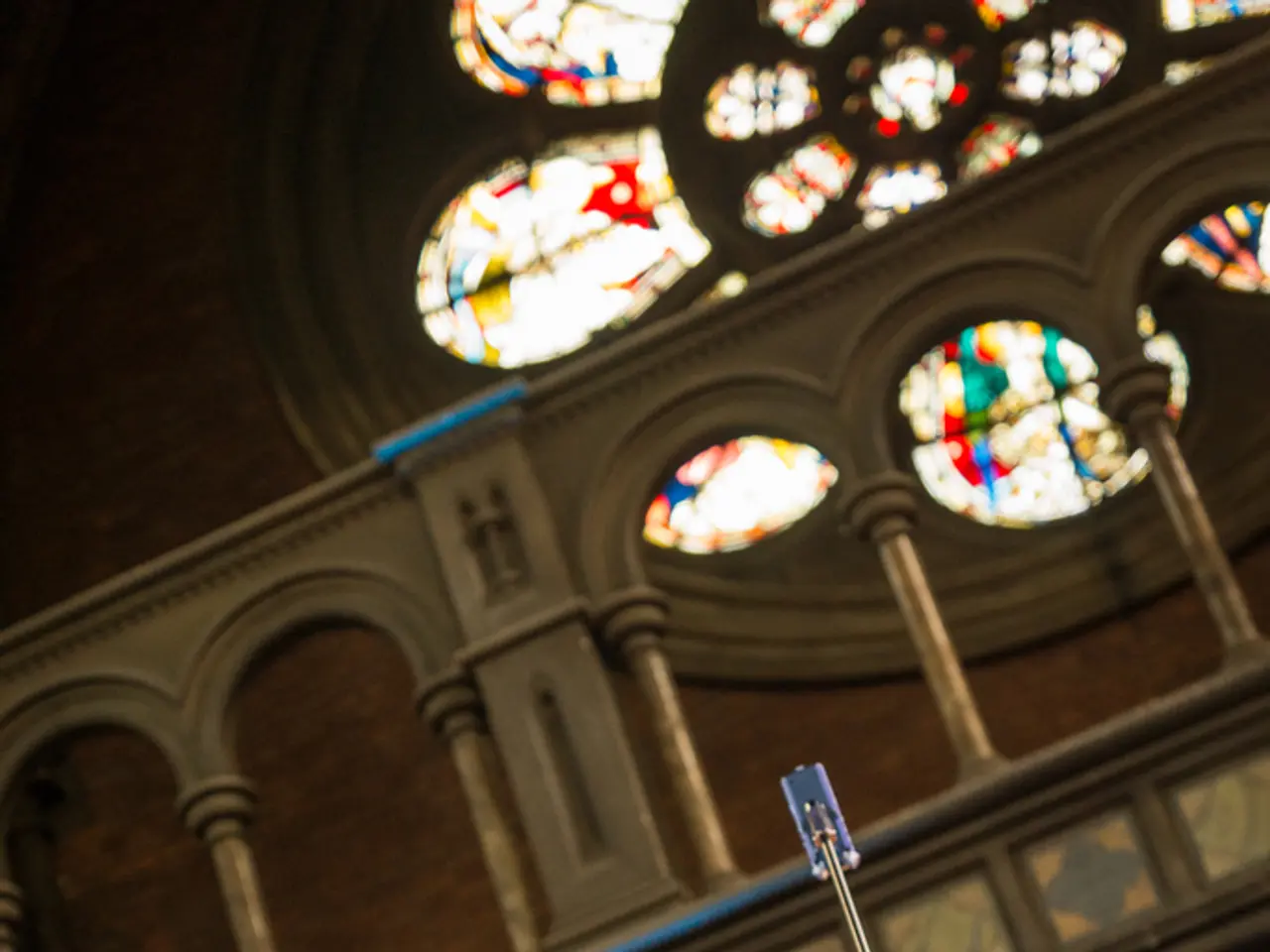Los Angeles' Summer Games task force is being called for by Trump in preparation for the 2028 Olympics
The 2028 Olympic Games, set to take place in Los Angeles, are approaching with a wave of controversy. Two major issues have become flashpoints in the lead-up to the event: the ban on transgender women athletes in women’s competition categories and concerns related to immigration and visa policies tied to the event’s security planning.
In July 2025, the United States Olympic & Paralympic Committee (USOPC) announced a ban on trans women competing in women’s categories for the Olympics and Paralympics, including the 2028 Games in Los Angeles. This move aligns with a February 2025 executive order by former President Donald Trump, titled Keeping Men Out of Women’s Sports, which mandates strict single-sex participation policies and threats to withdraw federal funding from non-compliant organizations. The USOPC framed the ban as necessary to ensure "fair and safe competition environments" for women and claimed it must comply with federal expectations as a federally chartered organization. However, this decision has drawn strong criticism from advocacy groups such as the National Women’s Law Centre, which described it as politically motivated and harmful to transgender athletes. The policy impacts all Olympic sports overseen by the USOPC and may influence grassroots levels as national governing bodies are required to align their policies with this directive.
On the immigration and administrative side, an executive order signed by Trump in August 2025 established a federal task force to oversee the 2028 Olympics. This task force, comprising high-level officials including the Vice President and Homeland Security Secretary, aims to coordinate visa processing, security, and transportation logistics for the Games. This initiative accompanies a roughly $1 billion federal funding allocation to cover security and planning costs. The task force’s coordination is expected to streamline immigration and entry for international athletes and visitors but reflects heightened federal involvement in Olympic operations, likely influenced by broader political dynamics surrounding immigration and national security.
Casey Wasserman, a key figure in the Olympic task force, praised President Trump for his role in its establishment. Wasserman stated that the 2028 Games will be "America’s Games." The Olympic torch relay for the 2028 Games is planned to pass through all 50 U.S. states, further emphasizing the national significance of the event.
President Trump has supported the USOPC's decision to ban transgender women from Olympic sports, although he did not explicitly mention it in his speech. Trump stated that the Summer Games are among the events he looks forward to the most during his second term. It is worth noting that this will be the first time the U.S. hosts the Olympics since the Winter Games in Salt Lake City in 2002.
However, concerns regarding immigration policies and their potential impact on the Summer Games have been dismissed by Wasserman in the past. As the 2028 Olympic Games draw closer, it remains to be seen how these controversies will unfold and how they will affect the athletes, spectators, and the overall spirit of the event.
References:
- Los Angeles Times
- New York Times
- USA Today
- CNN
In July 2025, the United States Olympic & Paralympic Committee (USOPC) announced a ban on trans women competing in women’s categories for the Olympics and Paralympics, including the 2028 Games in Los Angeles, aligning with a February 2025 executive order by former President Donald Trump. On the immigration front, an executive order signed by Trump in August 2025 established a federal task force to oversee the 2028 Olympics, aiming to coordinate visa processing, security, and transportation logistics for the Games.

